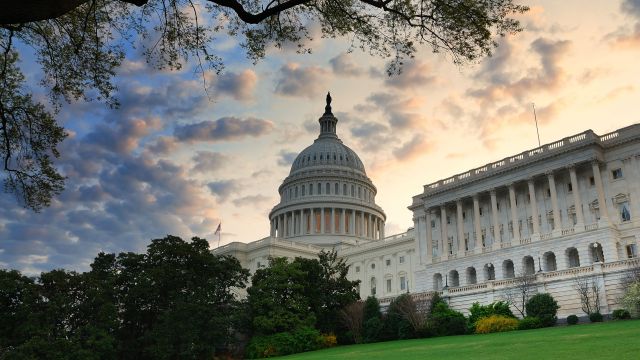Study Shows The U.S. Is Not Prepared For A Cyberattack

What is the Big Idea?
The United States is ready for terrorist attacks and natural disasters, according to a new report by the Federal Emergency Management Agency (FEMA). But where the country falls short is cyberattack preparedness.
In March 2011, President Obama commissioned a annual report called the National Preparedness Report to assess the country’s emergency response capabilities.
The report says the country has a highly responsive health care system with staff, training and capacity to deal with epidemics and medical emergencies. All but three states said they had “sufficient staffing capacity to work five 12-hour days for six to eight weeks,” writes The New York Times.
What is the Significance?
The most troubling findings in the report are regarding the nation’s cybersecurity. The report said that cybersecurity “was the single core capability where states had made the least amount of overall progress” and that only 42 percent of state and local officials believed that theirs was adequate.
Here are the rest of the findings:
These findings underscore the need for Congress to pass legislation that allows the Department of Homeland Security to regulate cybersecurity. On an international level, there has been a mounting effort to transform a United Nations agency into a global Internet regulator. Rich Boucher of Politico writes that such measures could threaten to “undo decades of policymaking that helped the Internet evolve into the open, global medium we all depend on.”
“A common misconception about the Internet is that its freedom, accessibility and openness are the organic result of technological innovation. Though innovation may have played the principal role, the Internet’s open characteristic is also because of a decades-long series of thoughtful, restrained policy decisions that allowed the technology to grow and flourish.”
China, Russia and several other powerful countries are the sources behind this push for regulation, which is particularly curious when China “is already so successful at imposing rigidly authoritarian Web regulations on its own citizens.”
The advent of the Internet and cyber capabilities has in many ways enhanced our communication, business transactions and breadth of knowledge about the world. The dark side of technology, however, has reared its ugly head and the very tools that made the human experience more complex also threatens to make it unsafe.
Join the debate. Are you surprised by FEMA’s findings? How can policymakers make cyberspace more safe for us? And most importantly, how has the Internet, with all its imperfections, enhanced your life?
Big Think has posed this question in an online Expo called Humanizing Technology, which seeks to identify the technologies that do the best job of fulfilling our core human needs.
You can view this series here.
Photo courtesy of Lisa S./Shutterstock.com





